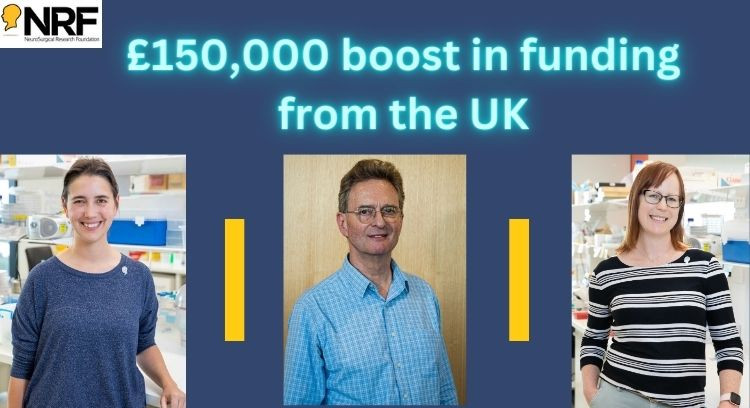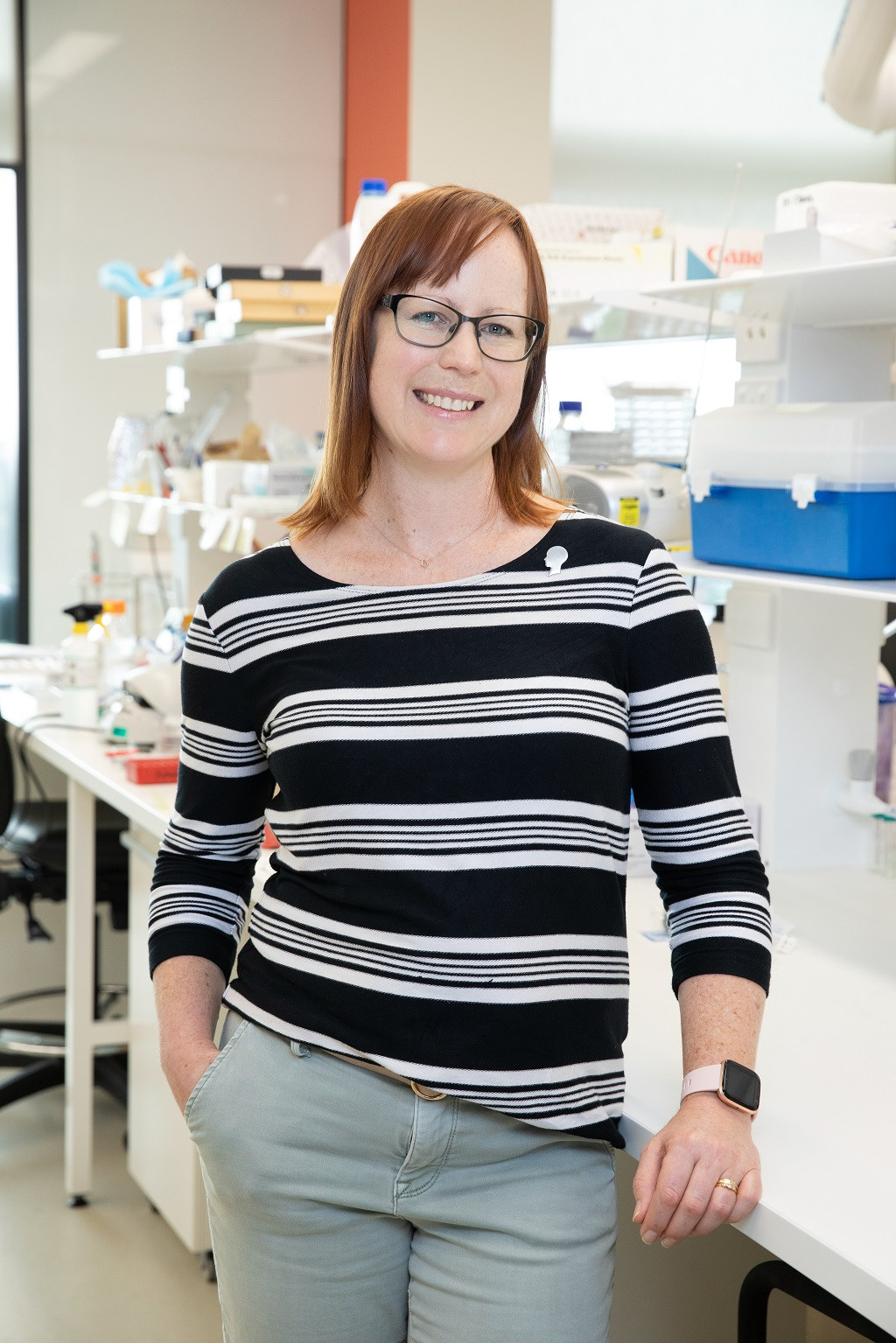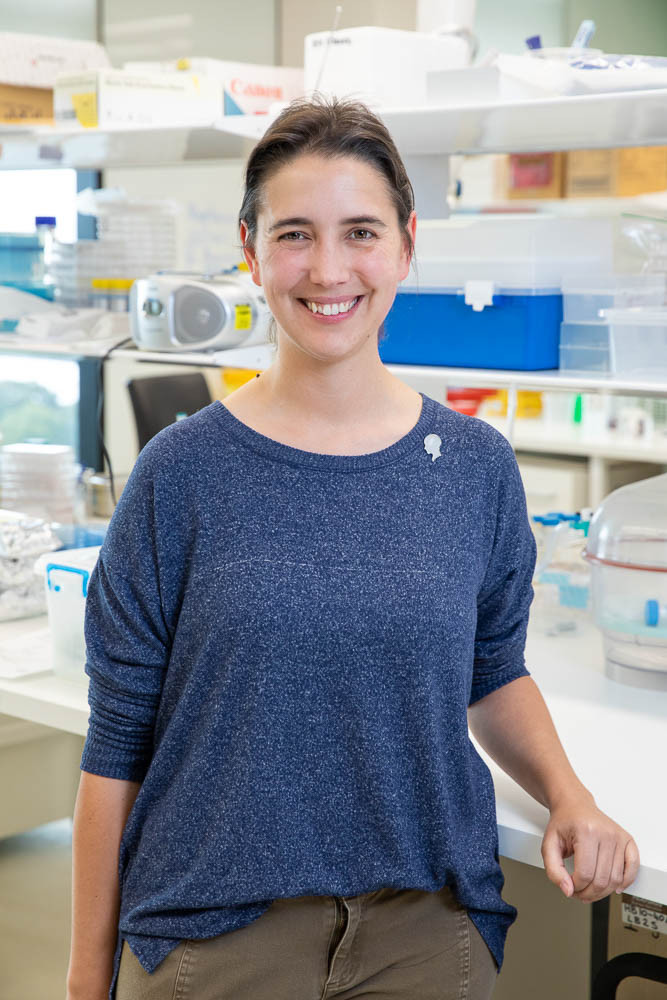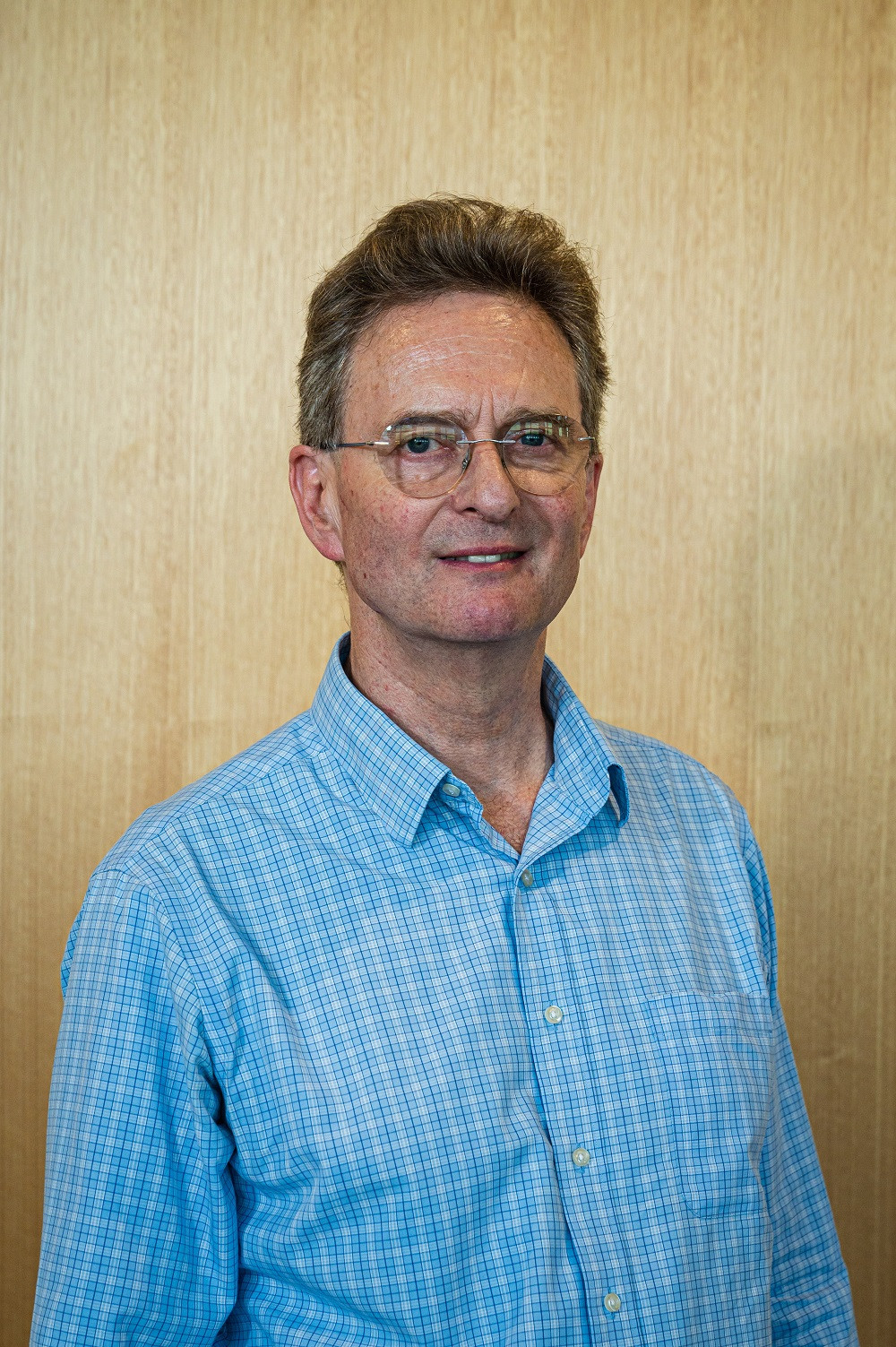CAR-T Cell brain tumour research receives overseas funding
NRF seed-funded brain tumour research paves the way for overseas funding opportunities

Research funded by the NRF for projects run by Professor Michael Brown, Assoc Professor Lisa Ebert and Dr Tessa Gargett have received a boost in the funding from Brain Tumour Research charity in the UK totalling £150,000. The work being undertaken right here in South Australia is so significant that it has expanded its reach internationally.
Glioblastoma is the deadliest form of brain cancer, and current treatments are ineffective. Even with surgery, chemotherapy and radiation, patients survive on average only 15 months; and this situation has not improved in almost 20 years. We aspire to change this, by developing new therapies for glioblastoma that go beyond traditional cancer treatment approaches. To achieve this, two international teams are coming together for this project in a new collaboration.
Professor Brown is Head of Translational Oncology at the Centre for Cancer Biology, a Senior Consultant Medical Oncologist at Royal Adelaide Hospital, and the Director of the Royal Adelaide Hospital Cancer Clinical Trials Unit.

Associate Professor Lisa Ebert B.Sc.(Hons), PhD Senior Research Fellow, Central Adelaide Local Health Network, SA Health -Centre for Cancer Biology
This research aims to benefit people affected by glioblastoma, and possibly other brain tumours, by developing an innovative new therapy. Recently, CAR-T cells have emerged as a highly effective – and possibly curative – treatment for some forms of leukaemia and lymphoma. However, despite intense worldwide effort, translating this success to other cancer types has proven challenging.
The first team has proven experience in developing chimeric antigen receptor (CAR)-T cell therapies; a revolutionary type of ‘living drug’ created from cells of the patient’s own immune system. CAR-T cells are an effective treatment for some forms of leukaemia and lymphoma, and now researchers worldwide are trying to adapt this approach for other cancers, including glioblastoma. However, there are many challenges, a key one being the immune-suppressive environment within glioblastoma tumours that can block the function of CAR-T cells.

Dr Tessa Gargett, Research Officer, Centre for Cancer Biology, UniSA
Recent developments from the second team may now allow this challenge to be overcome. These researchers have found a way to precisely control the production and activity of a potent immune stimulating molecule called IL-2 within the brain. This is achieved by delivering an extra copy of the IL-2 gene to the patient’s brain using a virus injected into the blood. This virus infects brain cells but, rather than causing disease like many other viruses, instead triggers brain cells to make special forms of IL-2 that are safer and more effective than regular IL-2.
We know from laboratory studies that IL-2 can ‘boost’ the tumour-killing function of CAR-T cells. However, regular IL-2 can be toxic if its levels and function are not carefully controlled. Now, these innovations will finally make it possible to use IL-2 to enhance our CAR-T cell therapy for glioblastoma, potentially leading to long- term tumour control.
Read about more brain tumour research currently being undertaken in SA here





